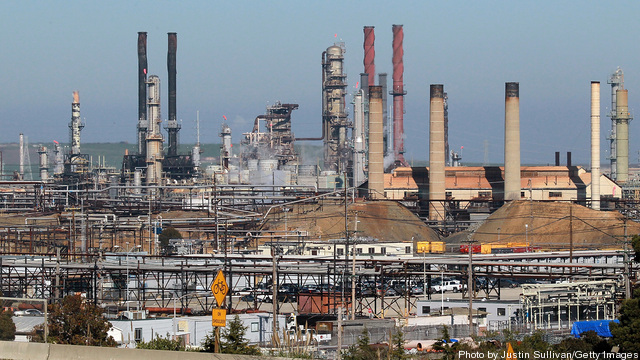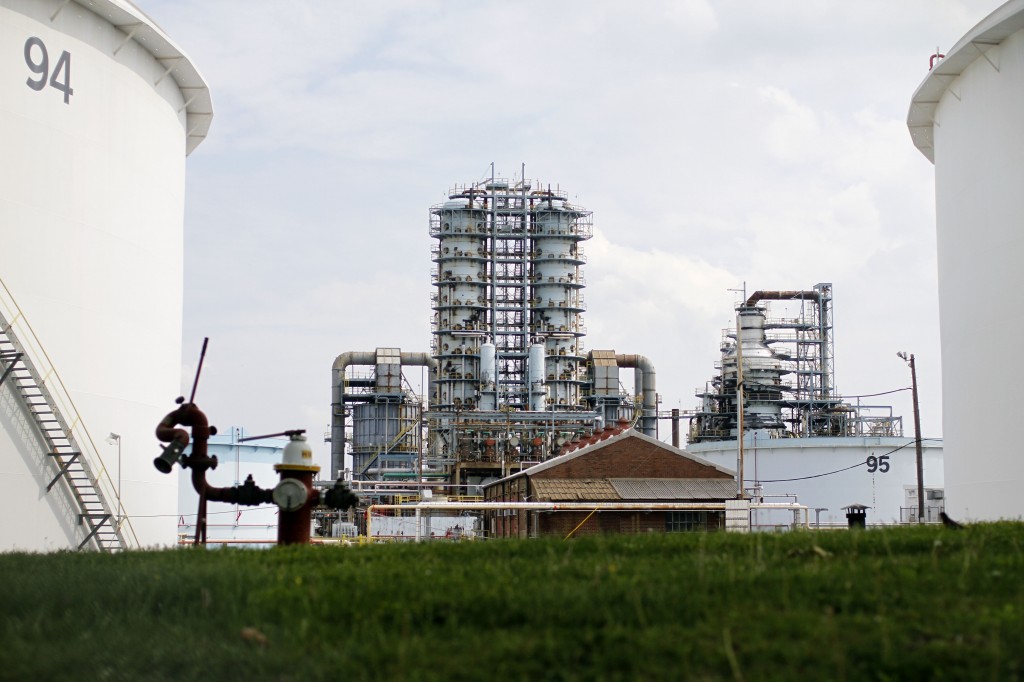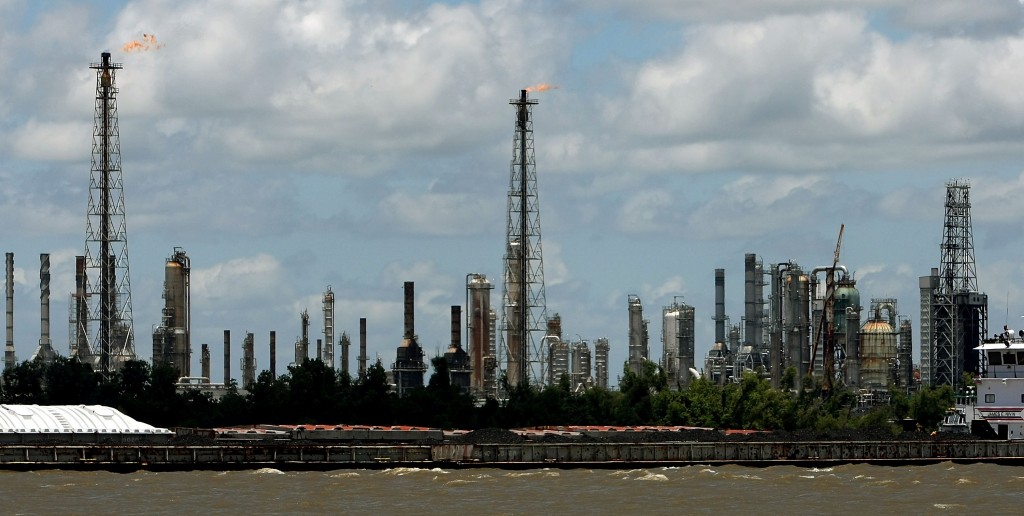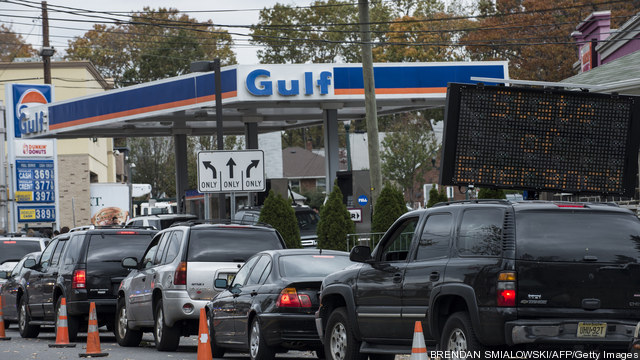By Patti Domm U.S. refineries are expanding their diesel-production capacity, not so much for truckers in the U.S., but for drivers in places like Mexico City and Santiago, Chile. Already running at their highest levels in six years, U.S. refineries are finding strong demand for diesel fuel, used widely in cars outside of the United… Keep reading →
Refineries
Sign up and get Breaking Energy news in your inbox.
We will never sell or share your information without your consent. See our privacy policy.A National Research Council report, which was mandatory under a 2011 pipeline safety law, found that Canadian heavy oil is no more likely to spur pipeline leaks than other crude oils are, which could bode well for the future of the Keystone XL pipeline. Of course, there is still the issue of the cold, dead… Keep reading →
The average US price of a gallon of gasoline has ticked up over the past few days, hitting $3.68/gallon on May 24 in advance of the Memorial Day start of the summer driving season, the Energy Information Administration reports. In the Midwest, the increase has been particularly acute. Midwest – or Petroleum Administration for Defense District (PADD)… Keep reading →
The refineries along the US East Coast sit close to some of the globe’s largest energy demand centers, but face such high prices for the crude they process that many have struggled to make money. Many import crude oil from Africa and the Middle East, and have been cut off from cheaper supply recently surging out of the middle and west of North America by limits on transportation infrastructure.
Companies like Enbridge, which presented recently at the US Association for Energy Economics, are seeking solutions to a bottleneck that is preventing lower-priced crude from competing on global or even national markets. Much oil currently travels by rail, as we’ve noted on Breaking Energy before, and may increasingly go multi-modal, from pipelines into rail cars and vice versa as it wends its way to energy-hungry Eastern US and Eastern Canadian markets. Keep reading →

Refining has long been a low-margin business, not for the faint of heart. The difference between what refiners pay for input and what they get for output, known as the crack spread, is traded on major oil markets. It sometimes goes negative, meaning refiners lose money on every barrel.
In the 1970s, with widespread worries over fuel supplies, US refiners overbuilt capacity. Since the 1980s, refiners have sold, merged, and shut down excess capacity, and upgraded capabilities, resulting in fewer refiners but more capacity actually utilized and better economics overall. Keep reading →

Firefighters have contained a blaze at Chevron Corp.’s (CVX) Richmond refinery in California, but the fire, which broke out Monday, is still burning.

Sanctions against Iran, uprisings in oil producing nations – headlines often focus on what’s happening with global oil supply.
But they tend to overlook refining, the link between crude oil and consumers that is critical to assessing the strategic effects of those events. Keep reading →

The planned closure of Sunoco’s Philadelphia refinery, which accounts for a quarter of the US East Coast’s capacity, looks set to constrain supplies of diesel, heating oil, and perhaps gasoline, while pushing prices higher.
The projected shutdown, due to take effect in July if no buyer is found, was highlighted by the Energy Information Administration in a February 27 report saying petroleum product markets in the Northeast could be “significantly impacted” if the closure goes ahead. Keep reading →
 Sammy Reiser fills his vehicle up with gas in a county where some grades of gasoline have already surpassed the $4 mark on February 21, 2012 in Miami, Florida. Fears of $5 per gallon gasoline are being heard as summer approaches and some feel that would hurt the economy just as an economic recovery appears to be getting traction.
Sammy Reiser fills his vehicle up with gas in a county where some grades of gasoline have already surpassed the $4 mark on February 21, 2012 in Miami, Florida. Fears of $5 per gallon gasoline are being heard as summer approaches and some feel that would hurt the economy just as an economic recovery appears to be getting traction.
The oil business is generally seen as monolithic by consumers, but parts of the industry can suffer even as rising prices boost results in other sectors. Keep reading →




